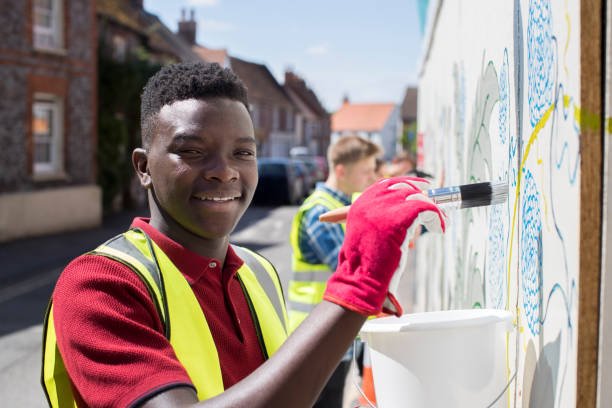On this page, we discuss ways in which petitions from the youth can help improve service delivery in their communities.
What is a Petition
A petition is a written request or a formal document that is addressed to a person or an organization, requesting a specific action to be taken or a change to be made. It is usually signed by a group of people who support the cause or the issue being addressed in the petition. The purpose of a petition is to bring attention to a specific issue, to raise awareness about it, and to gather support from others who share the same concerns. The petition can be used as a tool to encourage individuals, organizations, or governments to take action on the issue or to effect change. Petitions can be delivered through a variety of means, including in-person, mail, email, or online platforms.
How Petitions from the youth help improve service delivery in the communities
Petitions from the youth can play an important role in improving service delivery in their communities. Here are some ways in which petitions can be effective:
- Raising awareness: Petitions can raise awareness about the issues affecting the youth in their communities. By collecting signatures and sharing the petition on social media, youth can draw attention to the issues and put pressure on local authorities to take action.
- Advocacy: Petitions can serve as a tool for advocacy, allowing youth to communicate their needs and demands to those in positions of power. Petitions can be presented to local councils, members of parliament, or other officials, highlighting the need for better service delivery in the community.
- Collaboration: Petitions can be a starting point for collaboration between youth and other community members, including civil society organizations, faith-based groups, and businesses. This collaboration can result in joint efforts to improve service delivery in the community, with different stakeholders working together to achieve a common goal.
- Accountability: Petitions can hold local authorities accountable for their actions or lack thereof. By collecting signatures and presenting the petition to local authorities, youth can demonstrate that there is community support for action to be taken, and they can demand that the authorities follow through on their promises.
- Feedback: Petitions can provide valuable feedback to local authorities on the needs and concerns of the youth in their communities. This feedback can help inform policy decisions and service delivery strategies, ensuring that the needs of youth are taken into account.
Video: Petitions Guide
Petitions can be an effective tool for youth to improve service delivery in their communities. By raising awareness, advocating for change, collaborating with others, holding authorities accountable, and providing feedback, youth can work towards creating positive change in their communities.



